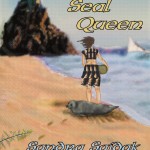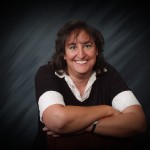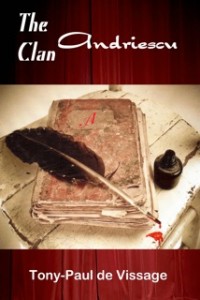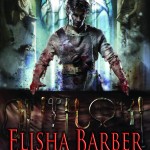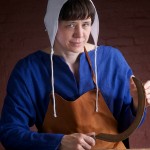Hey! Joshua Palmatier and Patricia Bray here. We’re authors—both with day jobs and our own novels to write—but we decided that we didn’t have enough work to do and got into editing anthologies. We found the process of wrangling authors and ordering cats around to be far too exciting and fun to quit after just two anthologies. With that in mind, Joshua created the new small press called Zombies Need Brains LLC, whose sole purpose (at the moment) is to publish professional-quality science fiction and fantasy themed anthologies, initially funded by Kickstarters. The intent is to produce two anthologies a year, then branch out into more anthologies and other stand-alone books once the press has gained its footing. You can check out the webpage at www.zombiesneedbrains.com.
Patricia and Joshua are proud to announce our first anthology, titled Clockwork Universe: Steampunk vs. Aliens, which will be edited by (surprise, surprise) Patricia Bray and Joshua Palmatier! Fourteen (or more) stories of how, when aliens reach Earth, they encounter the clockwork mechanisms and Victorian sensibilities of a full-blown steampunk civilization! It’s first contact with a twist. Steam power meets laser cannons . . . and dirigibles face off against flying saucers! The genesis for this idea was Patricia Bray’s obsession with Daniel Craig; it had nothing to do with Joshua Palmatier’s obsession with Daniel Craig. We’ve already lined up a stellar group of “anchor” authors who’ve committed to writing a short story for the anthology, including Scott Lynch, Seanan McGuire, Ian Tregillis, Gini Koch, Bradley Beaulieu, Gail Z. Martin, and Caitlin Kittredge. The rest of the available spots in the table of contents will be filled out with stories by other published authors in the field, selected by the editors. All of the stories will be original, never-before-published takes on this theme. And we’ve already gotten the rights to use the artwork Steampunk Octopus by Alex Broeckel for the cover art!

*a pause as we all tremble at the awesomeness of this art*
The Kickstarter for this project has already gone live, with rewards including the anthology in ebook format (and possibly paperback and hardback if we raise enough funds), prints of Steampunk Octopus, tuckerizations in some of the anchor authors’ stories, and an official “Joshua and Patricia’s Guide to Surviving the Zombie Apocalypse”! Click through to see more details about the anthology, Zombies Need Brains, and the other cool rewards being offered! And then become one of our minio—I mean, become a backer! The more backers we get, the more cool rewards will be unlocked, including ZNB logo t-shirts, bookmarks, book plates, ZNB logo baseball caps, etc. We look forward to bringing all of you great anthology reads for years to come! Because zombies need brains. (And we want the freshest, most stimulated brains for our consumption when the apocalypse hits.)
******
First the team of Joshua Palmatier and Patricia Bray brought you a book of stories about the ultimate bar as it travels through time and place. (AFTER HOURS: TALES FROM THE UR-BAR). Next they brought you a series of exposes revealing that humans are not alone on this planet (THE MODERN FAE’S GUIDE TO SURVIVING HUMANITY.) Just when you thought it was safe to return to the bookstore, they’re launching a new project exploring what happens when aliens encounter a Steampunk civilization. That’s right, CLOCKWORK UNIVERSE: STEAMPUNK vs ALIENS will be the debut title of the newly formed small press Zombies Need Brains LLC. Some of their favorite authors have agreed to write all new stories for this anthology, including: Bradley Beaulieu, Caitlin Kittredge, Gini Koch, Scott Lynch, Gail Z. Martin, Seanan McGuire and Ian Tregillis. Visit the webpage to learn more about this project, and be sure to check out the amazing cover art by Alex Broeckel.

